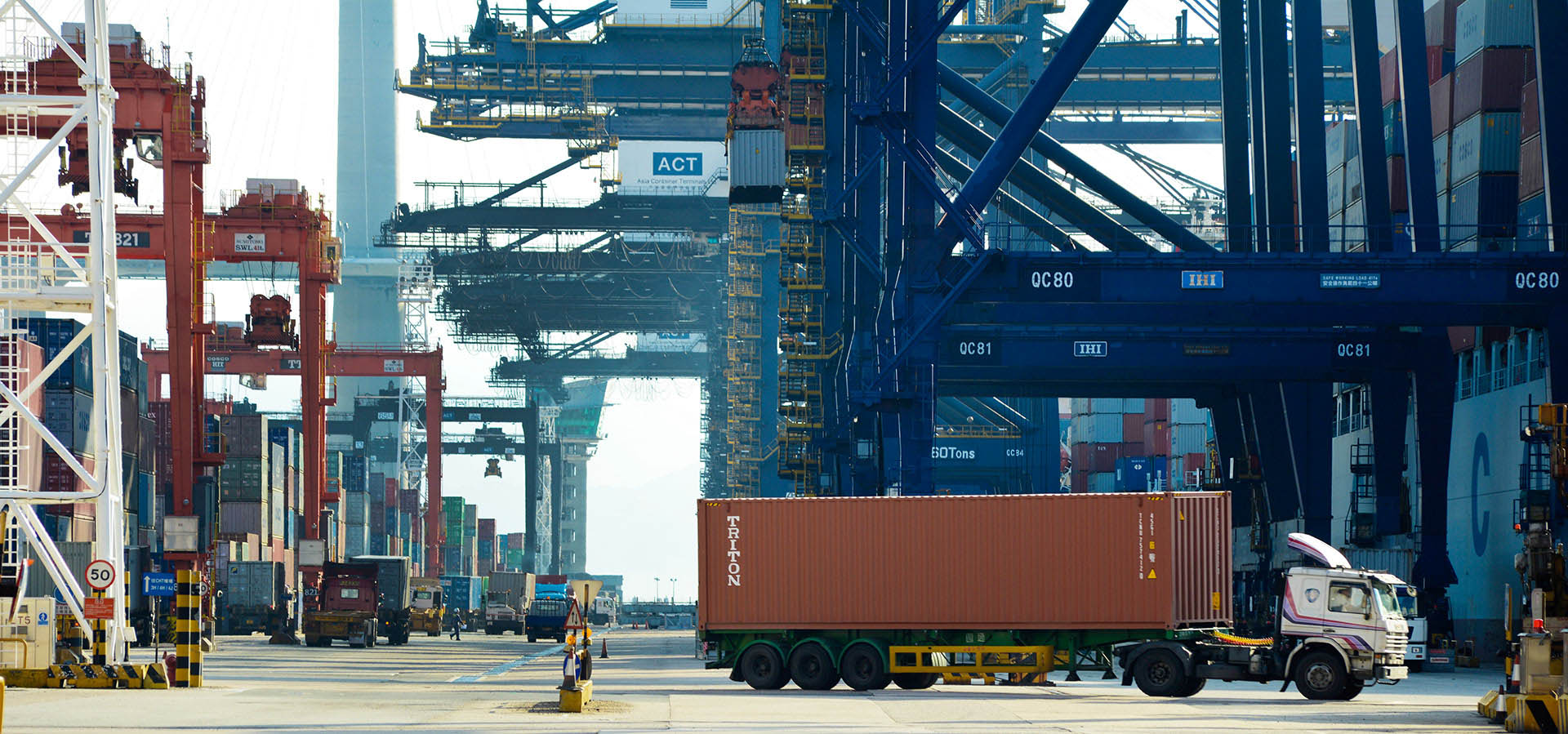In December, most of the world's major container shipping lines announced that they will be pausing operations in the Red Sea and through the Suez Canal until safe passage for commercial vessels can be guaranteed.
Shipping lines are therefore re-routing ships sailing between Asia and the USA and Europe around the Cape of Good Hope in southern Africa – impacting those relocating or seeking to relocate their goods overseas.
This has come about after a number of attacks by Houthi militants in the region, targeting commercial ships. And in the last few days, more attacks have been carried out on both military and commercial vessels, prompting a response by warships now positioned in the region as part of the Operation Prosperity Guardian taskforce.
The Financial Times has reported that container vessel traffic via the Red Sea, Suez Canal and Gulf of Aden is down 90 per cent. Shipping lines moving cargo between China and the US east coast had already been avoiding the Panama Canal, owing to drought, so diversions around southern Africa are further exacerbating the supply chain challenges that this has caused.
Evidently, ships unable to use the Red Sea and Sue Canal – a shortcut linking the Arabian Sea to the Mediterranean and thus, key markets in the west and the east – need to travel further, taking longer and costing more.
And with no end in sight, these impacts are likely to continue and become more prevalent in the coming weeks. We have issued several advisories on this situation, which remains fluid.
What's the latest?
Maersk announced last week that it has taken the decision to divert all vessels due to transit the Red Sea and Gulf of Aden south around the Cape of Good Hope for “the foreseeable future”. Many shipping lines, including Hapag Lloyd, had committed to keep the situation under constant review. But it announced this week that it “remains too dangerous” to transit the Suez Canal and will reassess options next week.
Delays
Reports and analysis have indicated that re-routing via the Cape of Good Hope will prolong transit times by seven to 10 days, but that depends on where the vessel is when the re-routing decision was made. Some cargo may experience an even longer delay of two to four weeks if vessels have had to detour from the Red Sea.
HSBC Global Research is also warning that the ongoing crisis in the Red Sea could lead to port congestion, as vessels reschedule port calls and scramble for equipment (such as containers) which is displaced.

Higher carbon emissions
In an article on January 10, The Loadstar reported that as well as taking longer, voyages diverting around the Cape of Good Hope will mean burning more fuel and emitting more carbon.
Increased costs
In respect of costs, Drewry’s latest World Container Index has shown steep increases in freight costs.
Rates between Shanghai and Rotterdam have increased by 115% (or $1,910 to $3,577) per feu. Similarly, rates on Shanghai to Genoa rose by 114% (or $2,222 to $4,178) per 40ft box. Rates on Shanghai to Los Angeles have gone up by 30% (or $626 to $2,726) per 40ft container, while rates on Shanghai to New York increased by 26% (or $784 to $3,858 per feu).
As we reported in December, many shipping lines have levied surcharges on cargo aboard effected vessels.
And for the small number of vessels till opting to use the Suez Canal, insurance premiums are higher. Forbes reports that insurance costs, usually no more than 0.2 percent of the value of a vessel per journey, jumped to 0.7 percent for ships planning to enter the Red Sea.
MSI, a container market analyst, has indicated to The Loadstar that should routing vessels around the Cape of Good Hope become a longer-term norm, rates can be expected to normalize. MSI explained that current changes to rates could be explained by the fact that shippers were “paying for uncertainty”.
Advice and how we can help
We are reaching out and talking to those impacted, to explore alternative routings, modes and services and ensure timely delivery of goods to destination. Equipment and slot shortages on vessels are occurring due to delays as ships make longer voyages around southern Africa. So we are also working with clients to secure containers for goods and slots on vessels as soon as possible.
Our advice to any clients relocating assignees in the coming weeks or months is to:
- Bake additional lead time into plans as far as possible.
- Budget for increased transport costs
Please contact your corporate mobility team, account manager, move manager or mobility advisor, and we can work through the challenges that this situation is presenting together.